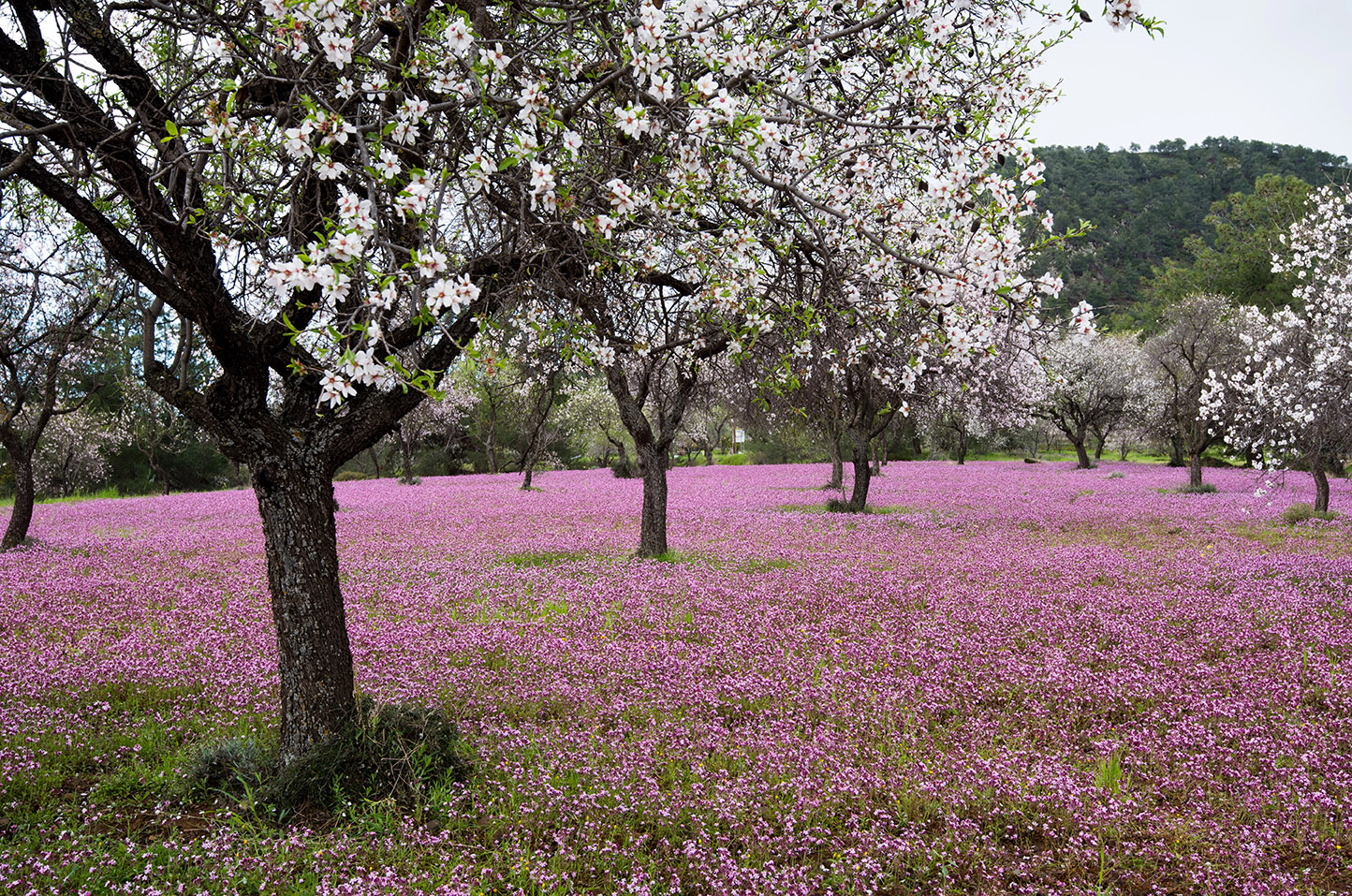I have been writing many articles which look into the darker side of our humanity, and challenging relevant authorities to do better. As spring blossoms with its natural energy and renewed hope, it feels like the perfect moment to add a little brightness and optimism into the mix. My father worked at the Cyprus Museum in the late 1950s and also took on freelance courier work.
One of the many people he met in these roles was a very fine English lady who would later become my beloved stepmother. My stepmother had travelled to Cyprus to represent her family’s printing business, which produced their county newspaper in England. She also intended to meet with a prominent figure of the time, Kevork Keshishyan, to discuss publishing a Cyprus travel guide.

The result of this meeting was the creation of the superb travel guide Romantic Cyprus . I have the 12th edition (1966), which is filled with high-quality black-and-white photographs, vivid prose and beautiful hand-drawn pull-out maps. There is even some poetry.
One passage, translated in a stylised English form, is from Euripides’ Bacchae , exalting Cyprus and Aphrodite for their beauty: Love hath an island / And I would be there Love hath an island / And nurtureth there For men the Delights / The beguilers of care Cyprus, Love’s island / And I would be there At Paphos she dwelleth / And I would be there At Paphos she dwelleth / And wealth cometh there Afloat with the kisses / That Ocean doth bear...
Cyprus has long been known as the romantic “Love Island”, and as Cypriots, we have countless reasons to take pride in the natural beauty of our island and the many riches it offers. Each of us holds a personal catalogue of extraordinary places in our minds: scenic mountain trails, cool springs, castles, monasteries, mosques, historic sites, beautiful beaches and charming villages. And perhaps most Cypriot of all is our love for the island’s fruits, vegetables, breads, meats and cheeses, harvested from the land and enjoyed throughout the year.
The enormous variety of delicious Cypriot, Turkish and Greek dishes that are based on this produce are impossible to list in this article. Right now, spring in Cyprus is truly magical. The island bursts into colour with wildflowers, blooming trees and herbs.
Cyclamen, delicate anemones and orchids blanket the hillsides and forests. Almond, carob and olive trees begin to flower. Fragrant herbs like rosemary, thyme and oregano grow, and wild roses bloom.
We don’t need to be millionaires to enjoy this exhibition of nature – it’s there for all of us to feast our eyes on. In our gardens, a variety of Cypriot salad leaves and greens, parsley, spinach, lettuce and coriander will grow alongside cauliflowers. In the summer, we will see fruit in abundance including juicy melons and watermelons, apples and pears, grapes, carobs for making molasses, and vegetables like huge, luxuriant tomatoes next to courgettes, aubergines and okra.
Having taken the heat of the summer, moving onto autumn and winter, our pomegranates and damsons will ripen. Oranges, grapefruit and tangerines will quench our thirst and fill out our bottles with sweet fragrant lemonade for the rest of the year. Olives will ripen, ready for making olive oil.
Black and green olives, along with the Cypriot speciality of cracked olives cured with coriander, lemon and garlic will be prepared for eating. At the start of the new year, we will pick our asparagus, artichokes and leeks and firm medlar fruit, ready to ripen after picking. Throughout the year, we will make Cypriot hellim (halloumi), or (anari) from the dairy sheep, goats and cows, and tarhana (trachanas).
Fresh meat is either enjoyed immediately or preserved as cured delicacies. All of this is sustained by the island. So here’s a question: Is there anything stopping us from establishing a “Mother Cyprus Day” to honour the island’s natural beauty and show our appreciation for everything it provides us, in a manner similar to Thanksgiving? A day that is not tied to religious worship or to celebrating or commemorating past battles involving Turks, Greeks or anyone else? Why not? Our DNA carries the legacy of ancient ancestors and cultures that thrived long before modern monotheism and nationalism, cultures that venerated nature itself.
I speak of our regional DNA heritage: the ancient Egyptians, who revered the sun, the Nile and sacred animals; the Sumerians, Hittites, Babylonians and Assyrians, who honoured the winds, storms and life-sustaining rivers; the Greeks, who worshipped gods of sky and thunder, the sea and wilderness and animals, and saw sacred power in groves, springs and mountains; and the Turkic peoples, who held the eternal blue sky, trees, rivers, mountains and animals as sacred. We, too, can appreciate our island like our ancestors. If you are religious, do not fret – being close to nature does not mean abandoning religious beliefs.
Muslim Yörük nomads and Anatolian villagers still practise sophisticated rituals tied to land and seasons. People still visit and make a wish at the sacred Olive Tree of Athena (Acropolis), which predates Christianity by a millennium. A ‘Mother Cyprus Day’ would be inclusive of all the inhabitants of the island, unlike the current national celebrations, which mutually exclude our communities.
What a privilege it is that we have come to live on the island of Cyprus – the island of love. Our Mother Cyprus sustains our body and soul with her body, soul and her love. We can sustain her body by giving her clean air and water.
We pray that our leaders will have the good sense not to allow her beautiful body to be sullied with blood, ever again..
Politics

Cyprus provides, and we should thank her

I have been writing many articles which look into the darker side of our humanity, and challenging relevant authorities to do better. As spring blossoms with its natural energy and renewed hope, it feels like the perfect moment to add a little brightness and optimism into the mix. My father worked at the Cyprus Museum in [...]















